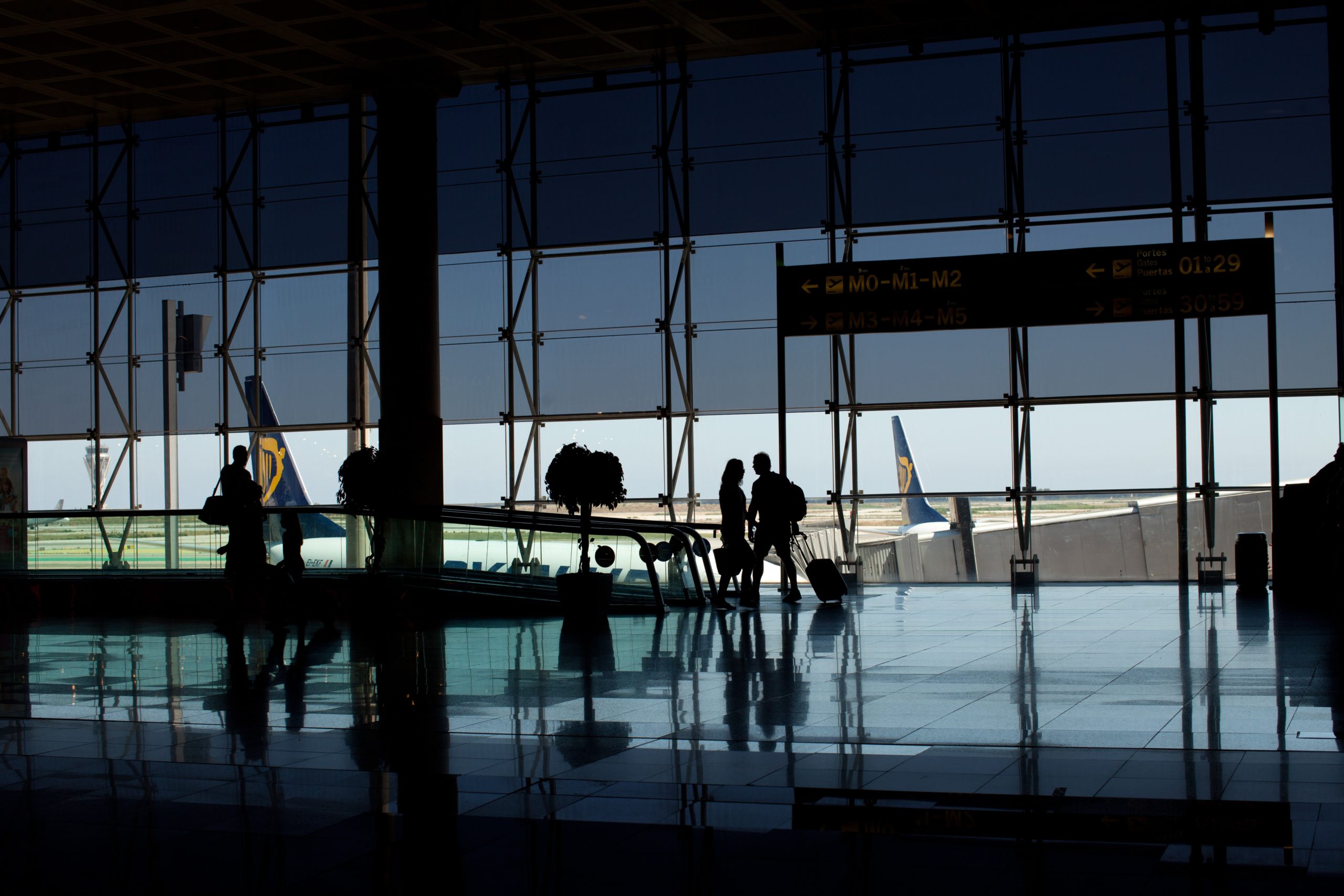A number of new Covid-19 restrictions have come into place in Ireland today, and they will remain in effect until January 9, 2022.
The new measures come amid rising cases of the virus and the first case of the new Omicron variant being identified here.
Here’s a breakdown of the new restrictions:
Hospitality sector

Bars and restaurants, including hotels, will largely revert back to the rules that were in place prior to October 22.
From today, there will be table service only (no counter service), a maximum of six adults per table, no multiple table bookings and no intermingling, and masks must be worn when not seated.
The closing times have not been affected, meaning bars must continue to close at midnight, while nightclubs will not be allowed to open.
A Covid pass will be required for bars and restaurants, including in hotels – removing the exemption for residents. A pass will also be required for access to gyms and leisure centres.
Indoor entertainment and sporting events

Indoor events – including gigs, theatre performances and concerts – will be limited to 50 per cent capacity, and they must be fully seated. The same rules apply for sporting events.
There will be no change to weddings or outdoor gatherings.
Weddings can currently proceed without capacity limits but with all other protective measures remaining in place.
Household visits

NPHET have advised that visits to private homes over the coming weeks should be kept to a maximum of three other households at any one time.
This means four households in total can be at a visit, including the people who live in the home.
The Government said that it recognises that there are specific days in December, such as Christmas Day, “which are important social and cultural occasions where families will likely choose to come together in larger household numbers”.
International Travel

New rules regarding international travel also came into place from Sunday, meaning anyone arriving into Ireland, including from the UK, via a plane or ferry is required to show proof of a negative Covid test prior to departure.
If fully vaccinated, the negative test can either be a professionally-administered antigen test taken 48 hours before arrival or a PCR test taken 72 hours before arrival. If you are not vaccinated, an antigen test will not be valid.
Any passengers who arrive in the country without a negative result will need to home quarantine and take a PCR test within 36 hours of arrival.

